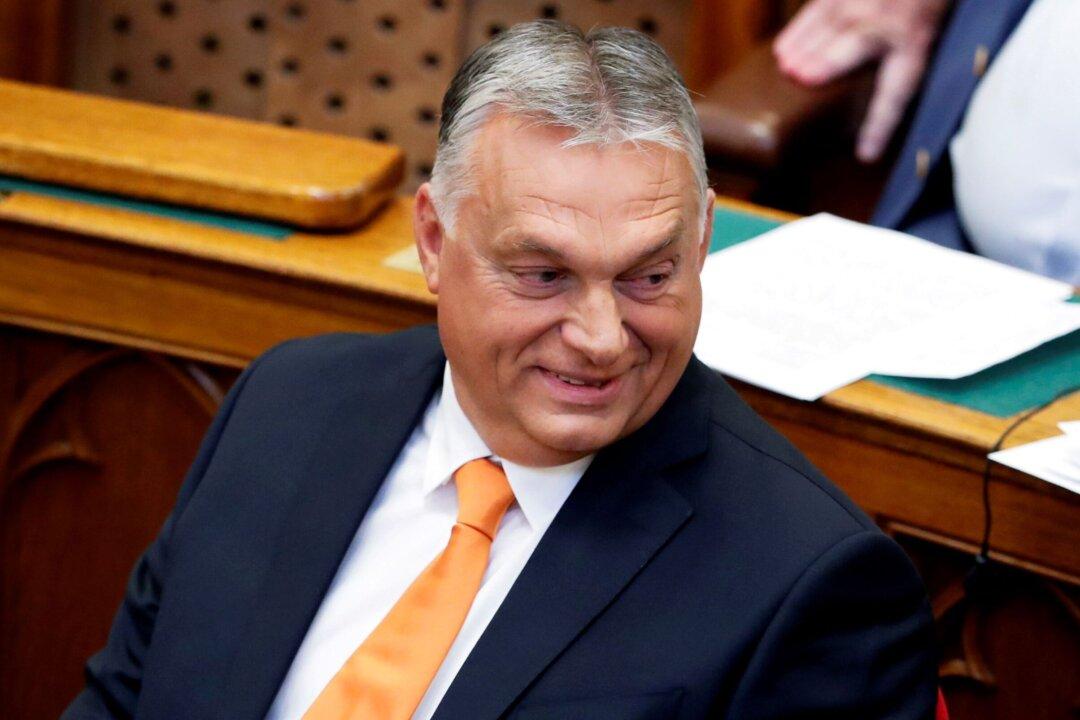BUDAPEST—Ratings agency Moody’s late on Friday raised Hungary’s sovereign credit rating to ‘Baa2’ from ‘Baa3’ on the economy’s strong rebound from the pandemic, which comes as a boon to Prime Minister Viktor Orban amid a campaign for early 2022 elections.
Orban, the country’s longest-serving leader since Communist times, faces what could be Hungary’s first tight election in more than a decade.





